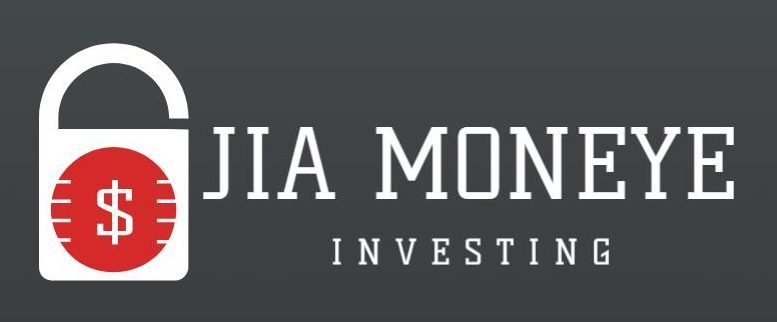Managing Loan Repayments: Strategies for Success
Managing loan repayments is akin to navigating a ship through the unpredictable seas of finance. It requires a blend of discipline, strategy, and foresight. For many, loans are necessary stepping stones towards personal goals, be it owning a home, starting a business, or funding education. However, the commitment to repay these loans can be a daunting journey. Success in this endeavor hinges on effective management strategies, ensuring this journey leads to a port of financial stability rather than a whirlpool of debt.
The first step in this voyage is understanding the full scope of your debt. Just as a captain needs a detailed map, you need a clear picture of what you owe – the total amount, interest rates, repayment schedules, and the loan’s term. This understanding forms the foundation of your repayment plan.
Once you have charted your debts, prioritize them. In the world of debt management, not all loans are created equal. High-interest loans, like credit card debts, are often the most expensive. Prioritizing their repayment can save you a substantial amount in interest. On the other hand, low-interest loans, such as student or mortgage loans, may not require aggressive repayment. In some cases, the interest on these loans is tax-deductible, further reducing their financial impact.
Budgeting is the compass that keeps you on course. A well-planned budget, which accounts for your loan repayments, is essential. It’s important to live within your means while paying off debts. Cutting down on non-essential expenses can free up more funds for repayments. Sometimes, this may mean making sacrifices in the short term for long-term financial health.
Another strategy is to explore refinancing or loan consolidation. If interest rates have dropped or your credit situation has improved, refinancing can reduce your interest rates and monthly payments. Loan consolidation can simplify your finances by combining multiple debts into a single loan with a potentially lower interest rate. However, it’s crucial to read the fine print and understand the terms before proceeding, as these options can extend the life of your debt or lead to additional costs.
In addition to these strategies, consider increasing your income. This could be through a side job, freelance work, or selling items you no longer need. Extra income can be directed towards your loan repayments, accelerating your journey towards being debt-free.
Communication with lenders is also key. If you’re facing financial hardships, reach out to your lenders. Many are willing to work with borrowers to modify repayment terms. This could include temporary reductions in payment amounts or extensions of the loan term. It’s always better to proactively seek solutions rather than missing payments, which can severely impact your credit score.
The psychological aspect of debt repayment should not be underestimated. Setting small, achievable goals can provide a sense of accomplishment and keep you motivated. Celebrate these milestones – each one is a step closer to your ultimate goal of financial freedom.
In conclusion, managing loan repayments is a journey that requires a clear understanding of your debts, a well-planned budget, strategic prioritization, and sometimes, creative financial maneuvers like refinancing or consolidation. Remember, staying disciplined and focused is key. With the right strategies and a steadfast approach, navigating the sea of loan repayments can lead to successful financial management and the peace of mind that comes with it.
